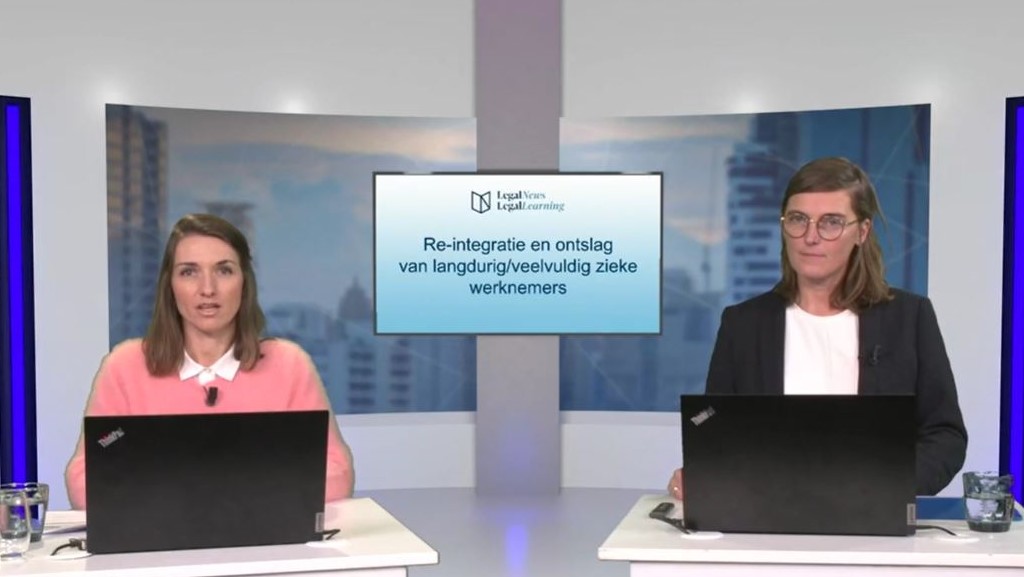Tewerkstelling van buitenlandse werknemers:
nakende ingrijpende wijzigingen
Mr. Sophie Maes en mr. Simon Albers (Claeys & Engels)
Webinar op donderdag 25 april 2024
Vakantiedagen en het arbeidsrecht
Mr. Kato Aerts en mr. Sarah Witvrouw (Lydian)
Webinar op dinsdag 11 juni 2024
Het nieuwe Boek 6:
de impact op de werkvloer
Mr. Chris Persyn (Cautius)
Webinar op donderdag 4 juli 2024
HR-aspecten bij M&A transacties
Mr. Nele Van Kerrebroeck (Linklaters)
Webinar op donderdag 16 mei 2024
Intellectuele eigendomsrechten in de onderneming:
wie is eigenaar van door werknemers en dienstverleners ontwikkelde creaties?
Dr. Nele Somers (ARTES) en mr. Veerle Scheys (Mploy)
Webinar op dinsdag 23 april 2024
Flemish Decree introduces temporary work for Flemish public services (Loyens&Loeff)
Authors: Valentijn De Boe and Marga Caproni (Loyens & Loeff)
Date of publication: 08/06/2018
Although many Flemish authorities regularly rely on temporary workers, a decree of 27 April 2018 (published on 16 May 2018) has now finally authorized Flemish public services and local authorities to do so.
Temporary work may be relied on for several purposes, the most important of which are:
- The temporary replacement of both civil servants and staff members under contract;
- A temporary increase of work;
- The performance of exceptional work.
Temporary work for the purpose of “inflow” (allowing the employing entity to test the temporary worker, with the aim of offering permanent employment following a positive evaluation) has been excluded from the scope. The obligation to offer permanent employment outside the framework of the traditional recruitment processes is considered incompatible with the principle of equality for contractual hiring in the public sector.
For each of the purposes for which temporary work is authorized, a maximum period of 12 months applies, including extensions.
The representative organizations of employees must be informed in advance of the employment of the temporary workers.
The Decree is welcomed in the temporary agency sector and by the public services, who have long been operating in a “grey” area.
Contracts with the temporary agencies generally fall within the scope of the rules on public procurement. Therefore, authorities must in principle follow a tender procedure when awarding these contracts.
Our employment and public procurement law specialists would be happy to assist with your questions on this new legal framework or in relation to your participation in a public procurement procedure for temporary work contracts.
» Bekijk alle artikels: Arbeid & Sociale zekerheid

















